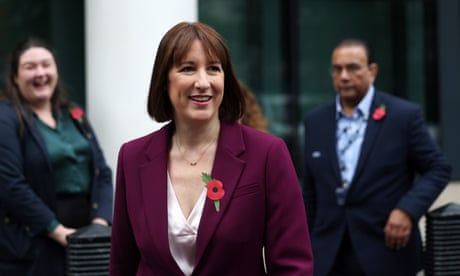
A fairer, happier and more equal country is possible – but only if the party in power actually wants to make it happen
Has Labour got a radical economic programme, on a par with 1945 or 1964? Has it stealthily snuck this past a hostile electorate? If you glanced at coverage of last week’s “historic” budget, you could be forgiven for thinking it had. At the election, the party promised minor increases in tax and spending, and now it is proposing major increases in borrowing, taxing and spending. But while this might seem like a screeching U-turn, it is nothing of the sort. Far from being radical, Labour’s programme shows deep continuities with failed Tory ideas and policies that do not meet the requirements of the hour, let alone offer any hope for the sort of transformation Labour once provided.
Public spending was planned to fall so catastrophically over the next few years that Labour had little choice but to increase it. Had they still been in power, the Tories would have been faced with the same necessity. That’s because the scale of public spending in Britain is determined mainly by the need to provide a health service, pensions and benefits (the last on a bare-minimum level, by political choice). Imagine, for a moment, what might have happened if Labour hadn’t committed to raising spending: we would have seen increasing NHS waiting lists, schools with fewer teachers, and public investment falling to only 1.7% of GDP. An already dysfunctional state would not see supposed productivity gains, but would instead cease functioning.
David Edgerton is Hans Rausing professor of the history of science and technology, professor of modern British history at King’s College London, and the author of The Rise and Fall of the British Nation
Continue reading...